Levitra 20MG
$3.00 – $60.00Price range: $3.00 through $60.00
Buy Levitra Online in Canada
What is Levitra?
Levitra, also known by its generic name Vardenafil, is a widely used medication for treating erectile dysfunction (ED). It belongs to the PDE5 inhibitor class, similar to other ED medications like Viagra and Cialis. Levitra has a shorter half-life than Cialis but slightly longer than Viagra, functioning similarly to Viagra because of this characteristic.
Erectile dysfunction is common, affecting over 3 million men in Canada aged 40 and older. Levitra works quickly to alleviate ED by relaxing smooth muscle and improving blood flow to the penis, making it easier to achieve and maintain an erection. However, sexual stimulation is required for the medication to work—it does not induce an erection on its own. While Levitra effectively treats ED caused by poor blood flow, it does not address issues related to libido. If ED is due to hormonal imbalance, alternative treatments like testosterone replacement therapy may be necessary. Some studies suggest that Vardenafil might also help with preventing premature ejaculation and could potentially result in firmer erections compared to Viagra, though individual results may vary.
All PDE5 inhibitors work by blocking the phosphodiesterase type 5 enzyme, which increases nitric oxide levels. Nitric oxide then activates the guanylate cyclase receptor, raising levels of cyclic guanosine monophosphate (cGMP). This process relaxes smooth muscles in the penis, increasing blood flow and making it easier to achieve a firm erection. In healthy men, nitric oxide is naturally released during sexual stimulation, so those using PDE5 inhibitors like Levitra still need sexual arousal for the medication to be effective.
Side effects of Levitra can vary based on dosage and individual genetics. While some men may experience side effects, others may not, making it difficult to predict their occurrence. If side effects are problematic, switching to a different PDE5 inhibitor might be helpful. It’s important to discuss any concerns with a healthcare professional, as many men report fewer side effects with Levitra compared to Viagra.
Please Note: Levitra does not protect against sexually transmitted diseases (STDs) like HIV, hepatitis B, gonorrhea, or syphilis. Additional precautions, such as using latex condoms, are recommended to prevent STD transmission and pregnancy.
What is the Recommended Dosage?
Levitra is taken orally, with or without food. It’s typically prescribed for ED and should be taken 1-2 hours before sexual activity. The dosage should be personalized based on individual medical conditions, and any questions should be discussed with a physician. For most men, one tablet taken 1-2 hours before sexual activity is recommended, with a maximum of one dose per day.
Half-Life: 4-6 hours
Lasting Effects: Effective for up to 6 hours after taking the medication, when sexual arousal is achieved.
Recommended Dosage for Men: 1 tablet 1-2 hours before sexual activity
Recommended Dosage for Women: Not applicable
| Quantity | 1, 5, 10, 20, 30 |
|---|
Be the first to review “Levitra 20MG” Cancel reply
Related products
Other
2CB
Other
Other

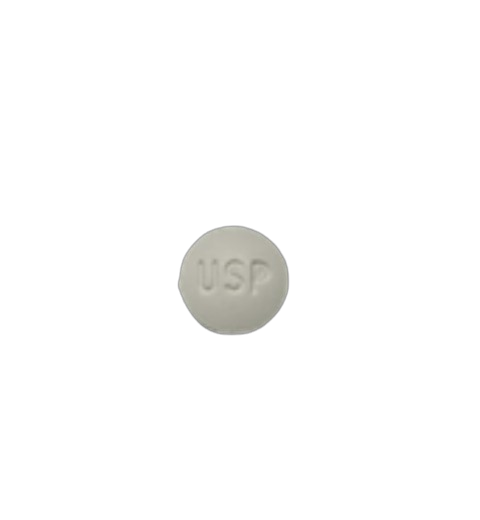

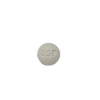

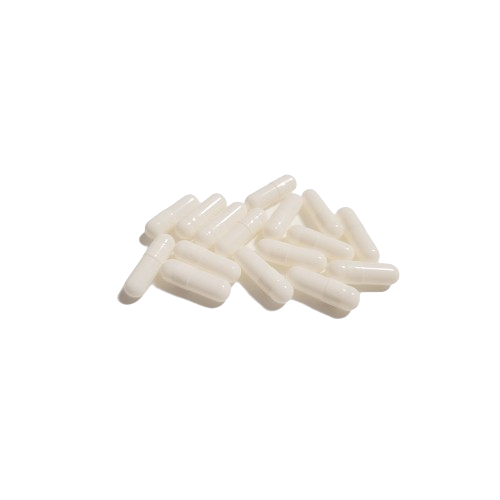
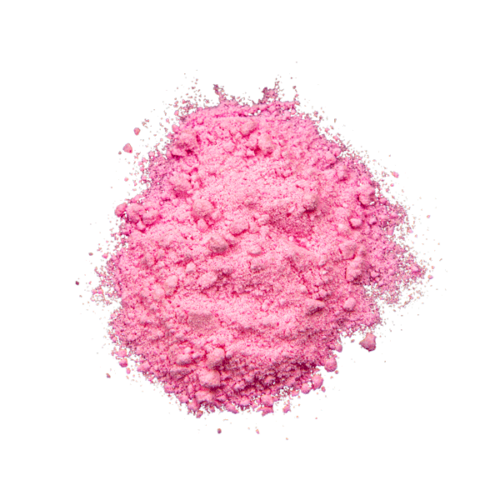
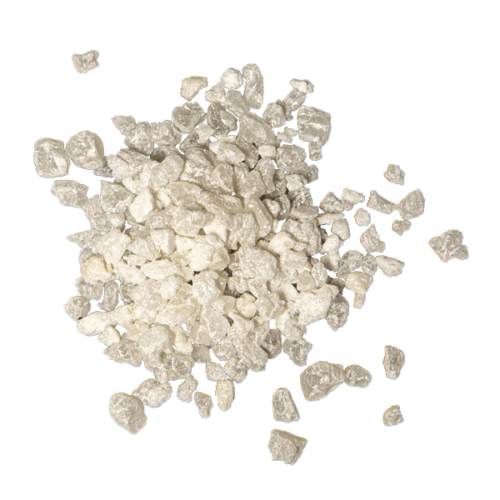
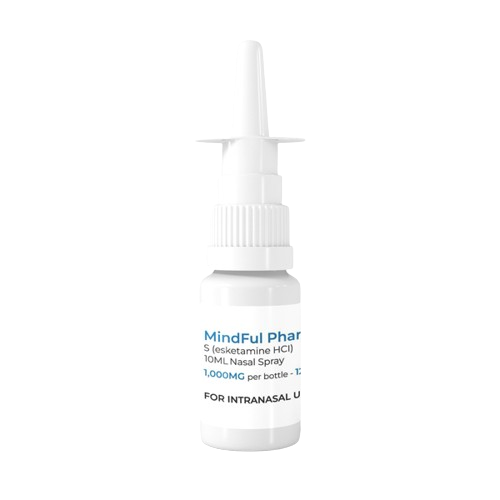
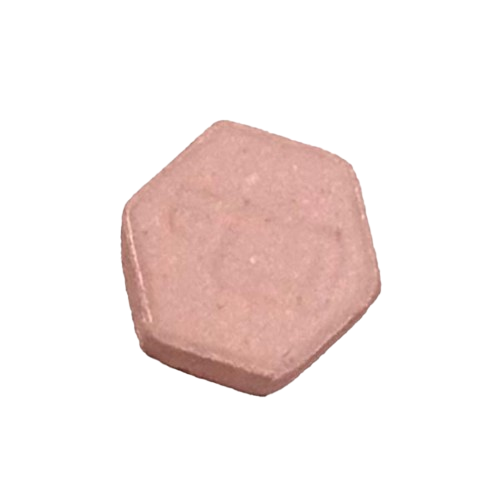


Reviews
There are no reviews yet.